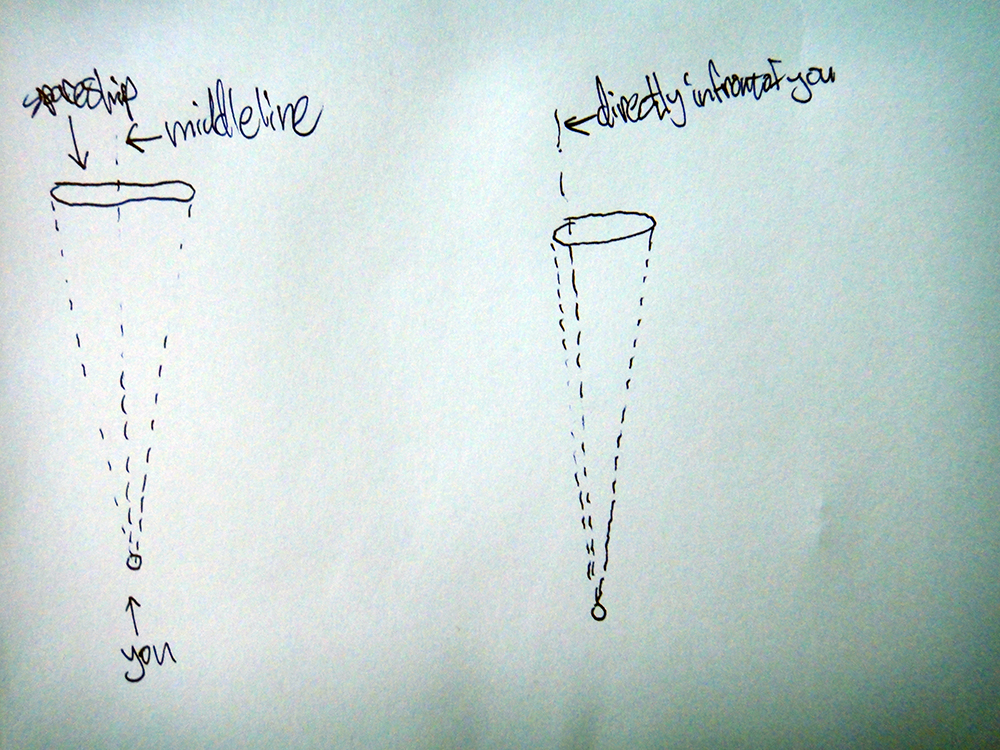grey_beard
The Typing Tabby
- Joined
- Jan 28, 2014
- Messages
- 1,478
- MBTI Type
- INTJ
- Enneagram
- 5w4
- Instinctual Variant
- sx/sp
Yes, light(not just visible light, but photons in general) determines time, because nothing moves faster than light. You could think it like this: Light is the speed of time because it moves freely in space without mass, while massive objects are sort of slowed down because in them, the energy that they are made out of is tangled up circling in one spot(this is basically what mass is) instead moving freely from point a to b like light does.
Time is essentially nothing but a moment of observation. And because the moment of observation cant happen before photon travels from point a to b, time is relative to observer and again because light is the fastest thing, it determines time:
But i think time as a general term is bit outdated because it can mean multiple things.
Google Cerenkov radiation, please? It is possible for massive objects to exceed the speed of light in a particular material (though not in vacuum).

